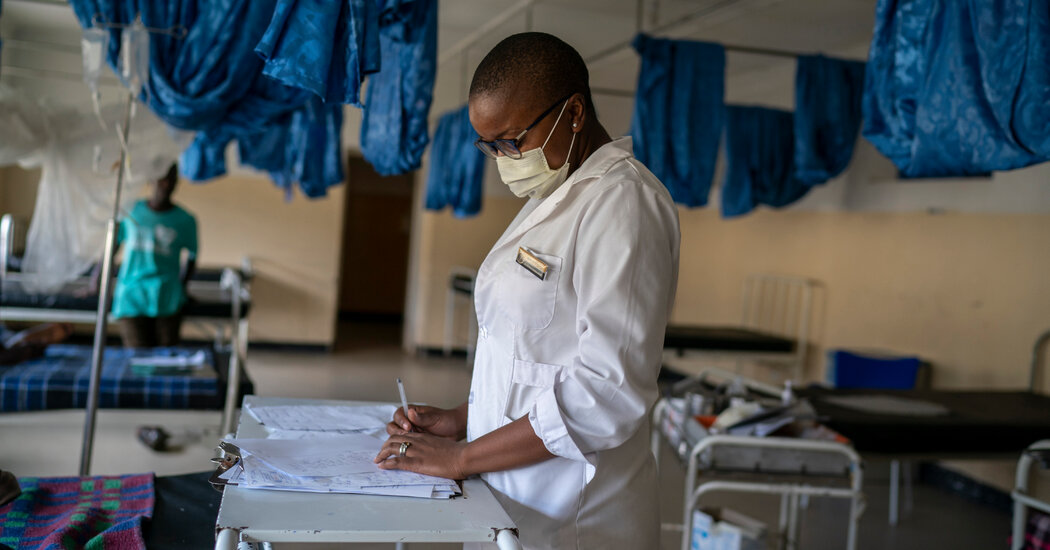
Back then, I reported from villages in Eswatini, then known as Swaziland, where I couldn’t find more than a handful of people my age — just children and elderly people. I wrote from Johannesburg about the day that Nelson Mandela broke a powerful taboo and told South Africans his son had died of AIDS. I told the story of a grandmother named Regine Mamba in Zambia raising 12 orphaned grandchildren. And I interviewed the brave, and often desperately ill, activists, such as Zackie Achmat, a co-founder of South Africa’s Treatment Action Campaign, who were fighting with their lives to get access to treatment.
Almost two decades later, the fruits of what they fought for were vividly on display, and a reminder — useful at this moment as another Covid wave makes this pandemic seem unending — of how much is possible.
Science, in the form of drugs that quelled if not vanquished a deadly virus; a network of fierce, courageous activists; coordinated international efforts, including a massive investment by the U.S. government — they all combined to deliver the miracle of that empty, echoing Zambian hospital ward.
We know how to do this.
In a clinic outside Cape Town, Linda-Gail Bekker, a renowned H.I.V. researcher, mentioned to me almost in passing that “our longevity is back.” When I asked what she meant, she showed me the data: The life expectancy of South Africans, which H.I.V. drove down from 63 in 1990 to a low point of 53 in 2004, has risen steadily since treatment began to be delivered by the public health system, and will pass 66 this year.
This was just one of a dozen interactions I had that I could not have imagined 25 years ago, when I began covering H.I.V. in Africa.
In a public clinic in Soweto on my recent trip, I spent time with a community health care worker named Nelly Zulu, who told me that when people test positive for H.I.V. at the clinic where she works, they are given their first pills to suppress the virus that day: no more of the grim wait I used to watch, as people tracked the decline of their immune systems until they qualified for the scarce drugs.



